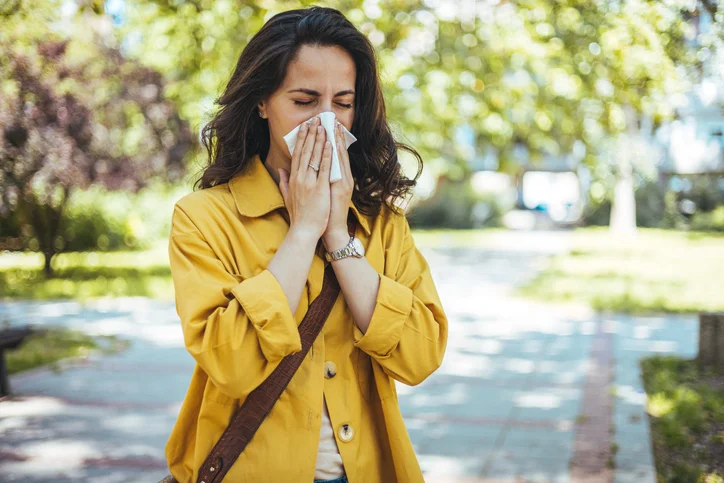Everyone coughs and sneezes from time to time. Most of the time, these symptoms are harmless—just your body’s way of clearing irritants or fighting off a mild cold. But sometimes, frequent sneezing or a persistent cough can signal something more serious.
If you have ever wondered when to go to urgent care for a cough or if urgent care is the right choice for your cold symptoms, this guide is for you.
Why Do We Cough and Sneeze?
- Sneezing is your body’s natural defense against irritants in the nose, like dust, pollen, or viruses.
- Coughing helps clear mucus, allergens, or infection from your airways.
These reflexes are helpful, but if they become persistent or severe, they can interfere with daily life—and sometimes indicate infection or illness that needs medical attention.
When to Try Home Care First
For most mild colds and seasonal allergies, rest, fluids, and over-the-counter remedies are enough. You probably do not need urgent care if you have:
- Occasional sneezing with no fever or breathing problems
- A mild cough that improves in a week
- Clear nasal drainage and mild congestion
- Symptoms that improve with home remedies
When to Go to Urgent Care for Cough or Sneezing
Sometimes, coughing or sneezing points to something more than a common cold. You should consider urgent care for colds or coughs if you notice:
- Cough lasting longer than 10 days without improvement
- Severe coughing fits that interfere with sleep or daily life
- High fever (above 101°F) along with sneezing or coughing
- Shortness of breath, wheezing, or chest tightness
- Coughing up blood or green/brown mucus
- Sneezing with severe sinus pain, swelling, or ear pain
- Cold symptoms in infants, older adults, or people with chronic conditions that may become dangerous quickly
Urgent care providers can quickly diagnose whether your cough or sneezing is due to a cold, flu, sinus infection, bronchitis, or even pneumonia.
What Urgent Care Can Do for Coughs and Sneezes
Visiting urgent care for coughs or sneezing symptoms comes with several benefits:
- On-site testing: Many clinics offer flu, strep, and COVID-19 tests.
- Chest X-rays: To check for pneumonia or other lung infections.
- Medications: Such as antibiotics (if a bacterial infection is present), inhalers for wheezing, or allergy relief.
- Symptom relief: Providers can recommend effective treatments to ease discomfort and speed recovery.
- Guidance for next steps: If your condition requires a specialist or ER visit, urgent care can make the right referral.
Urgent Care vs. Emergency Room
Urgent care is the right choice for most coughs, colds, and flu-like symptoms. But head to the emergency room if you experience:
- Severe difficulty breathing
- Chest pain or pressure
- Confusion or fainting
- Blue lips or face
Preventing Coughs and Sneezes in the Future
While not all illnesses can be avoided, these steps reduce your risk:
- Wash hands frequently
- Avoid close contact with people who are sick
- Stay up to date on vaccines, including flu and COVID-19
- Use tissues or your elbow when sneezing to stop spreading germs
- Keep your immune system strong with sleep, hydration, and a balanced diet
Coughing and sneezing are not always just minor annoyances. If your symptoms last longer than expected, get worse, or come with concerning signs, urgent care can provide the answers and relief you need.


